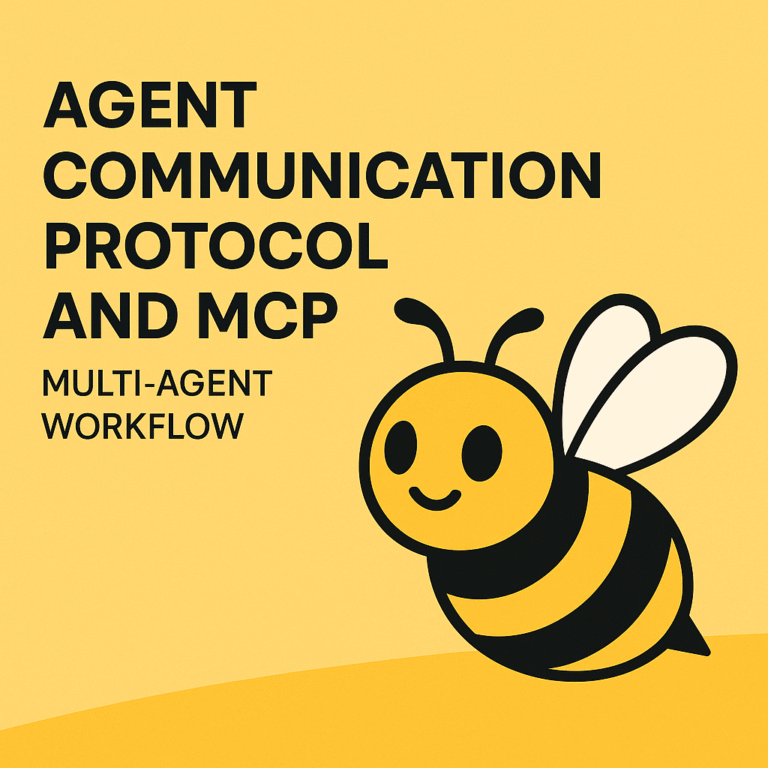Implementing Salesforce can be a transformative step for any business, offering powerful tools to manage customer relationships and drive growth. However, the road to successful Salesforce implementation is not without its challenges. From technical hurdles to user adoption issues, navigating these obstacles is crucial to unlocking the full potential of Salesforce. Here’s how to overcome the most common challenges in Salesforce implementation.
1. Defining Clear Objectives
One of the first challenges businesses face is the lack of clear objectives. Without a well-defined plan, it’s easy to lose direction and miss out on key functionalities.
Solution: Start by outlining your business goals and how Salesforce can help achieve them. Set specific, measurable objectives to guide the implementation process. This clarity will keep your project focused and aligned with your overall strategy.
2. Ensuring Data Quality
Data is the backbone of any CRM, and poor data quality can undermine your Salesforce implementation. Inconsistent, outdated, or duplicate data can lead to inaccurate insights and decision-making.
Solution: Conduct a thorough data audit before migrating to Salesforce. Cleanse and standardize your data to ensure accuracy. Implement data governance policies to maintain data quality over time.
Don’t forget to check out: Essential Steps for Successful Salesforce Implementation in Your Business
3. Managing Change and User Adoption
Even the best technology is only as effective as its users. Resistance to change and poor user adoption are common stumbling blocks.
Solution: Engage users early in the process. Provide comprehensive training and resources to help them understand the benefits of Salesforce. Create a feedback loop to address concerns and continuously improve the user experience.
4. Customizing for Your Needs
Out-of-the-box Salesforce solutions may not meet all your specific needs. Customization is often necessary but can be complex and time-consuming.
Solution: Work with experienced Salesforce consultants to tailor the platform to your requirements. Prioritize essential customizations and phase out less critical ones to manage the scope effectively.
5. Integrating with Existing Systems
Integrating Salesforce with your existing systems (such as ERP, marketing automation, and customer service tools) can pose significant challenges.
Solution: Develop a clear integration strategy that outlines how Salesforce will interact with other systems. Use APIs and middleware to facilitate seamless data flow. Testing and validation are crucial to ensure smooth operation post-integration.
6. Maintaining Security and Compliance
With the increasing importance of data security and compliance, ensuring that your Salesforce setup adheres to all relevant regulations is vital.
Solution: Implement robust security measures such as encryption, access controls, and regular security audits. Stay updated with Salesforce’s security features and compliance updates to protect sensitive information.
![]() Check out another amazing blog here: Ensure Growth with Salesforce Implementation Partners
Check out another amazing blog here: Ensure Growth with Salesforce Implementation Partners
7. Providing Ongoing Support and Maintenance
Salesforce implementation is not a one-time project. Continuous support and maintenance are essential to keep the system running smoothly and up-to-date.
Solution: Establish a dedicated support team or partner with managed Salesforce service providers. Regularly review and update your Salesforce setup to incorporate new features and improvements.
Overcoming the common challenges in Salesforce implementation requires careful planning, expert guidance, and a commitment to continuous improvement. By addressing these obstacles head-on, you can ensure a successful implementation that drives efficiency, enhances customer relationships, and supports your business growth.
Ready to overcome your Salesforce implementation challenges? Contact us today to find out how our expert team can help you achieve a seamless and effective Salesforce rollout.











